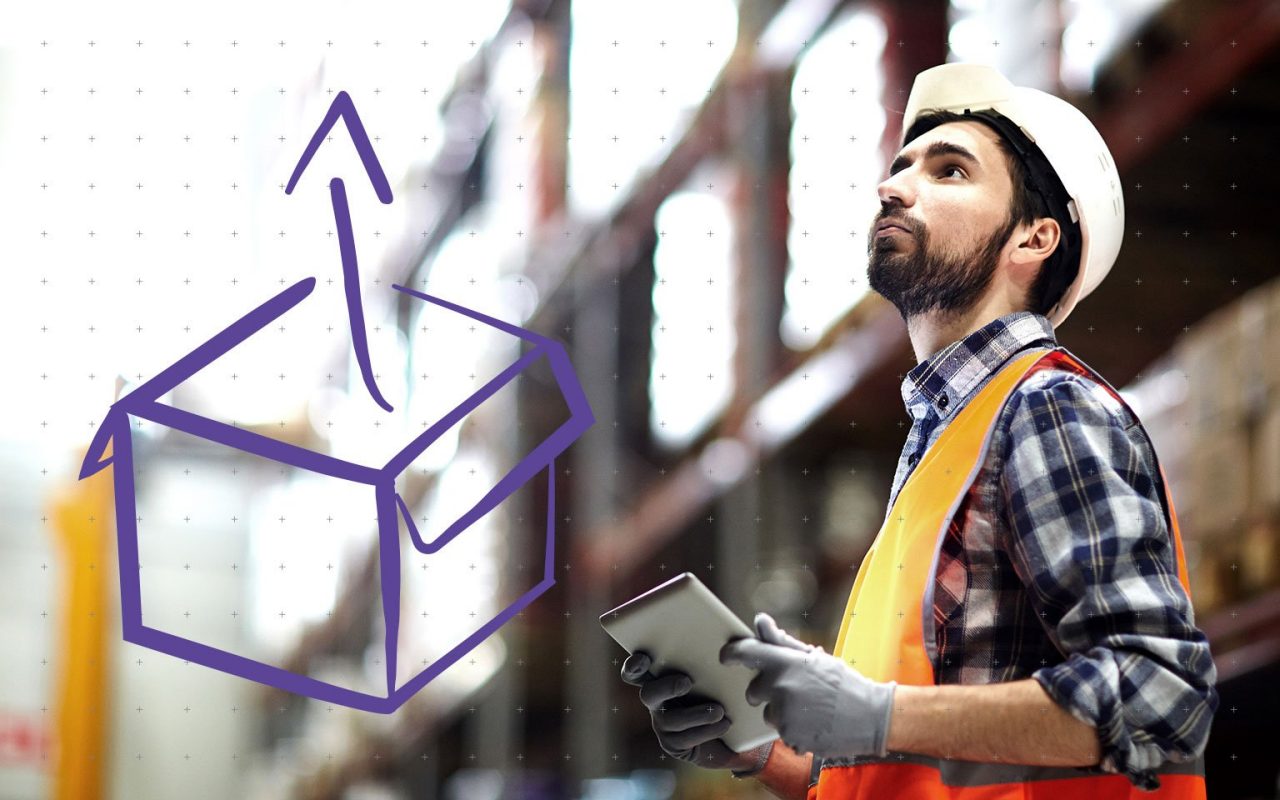The field of logistics is one that is prime for optimisation and allows companies to explore new methods of boosting productivity, efficiency, and cutting costs wisely. One of the best methods to achieve that is through business automation, which gives companies the scope to immediately speed up processes that currently take staff hours of work to complete, whether inputting data from delivery notes or picking products from each and every corner of the warehouse.

How to improve the way you manage your logistics and transportation processes with document and workflow management solutions
Stacks of paperwork, documentation, and information retained within businesses is no longer the norm as technologies offer innovative alternatives. Companies are now able to find new techniques to lead their logistics management in the modern age and get the very best out of the facilities, staff, and resources.
Any company looking to offer products or services knows that the experience provided to customers is one of the most essential elements of business success. At the very heart of that service, businesses must provide efficiency and a bespoke product to fit their customer’s requirements.
With document and workflow management solutions for logistics, your team will be able to integrate workflows into existing systems and streamline processes from start to finish. Cost reduction is the most obvious benefit, but it is also worth considering the value of the time saved by staff. By pursuing a digital transformation plan, staff can instead commit themselves to tasks that are more complex or executing more deliveries, rather than performing menial tasks such as inputting data.

Meet our Information Management System
The new information management system of Kyocera helps accounting departments digitalise document workflows.



